Oxford Tops Global Rankings Again as African Universities Make Steady Gains
- by Editor
- Oct 09, 2025
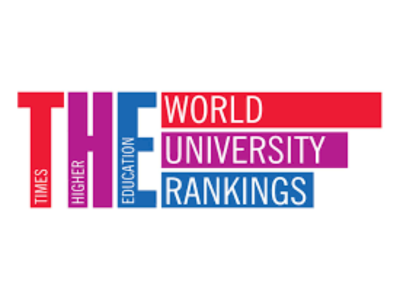
Credit:
The University of Oxford has retained its position as the world’s leading academic institution for the tenth consecutive year, according to the 2026 Times Higher Education World University Rankings released on Wednesday.
The achievement reinforces Europe’s dominance in global academia, even as African universities quietly advance in a rapidly evolving educational landscape.
This year’s rankings span 2,092 institutions across 115 countries and reflect significant shifts: elite Asian universities plateau for the first time in over a decade, top U.S. schools continue to slide amid funding concerns, and emerging players like Indonesia show remarkable progress.
Oxford’s near-perfect scores in research and teaching placed it ahead of MIT, with Princeton and Cambridge tied for third. Harvard dropped to fifth—its lowest position in six years—amid speculation over financial pressures linked to current U.S. policy trends.
From Africa’s perspective, the rankings offer cautious optimism. South Africa’s University of Cape Town remains the continent’s highest-ranked institution, holding steady in the 101–125 band for the third year, supported by strong research output and industry partnerships.
The University of Witwatersrand (126–150) and Stellenbosch University (151–175) follow closely, securing South Africa eight of Africa’s top ten spots. Egypt’s Cairo University (176–200) rounds out the elite group, reflecting North Africa’s continued academic resilience despite resource constraints.
Nigeria, Africa’s most populous country and a regional education hub, saw 21 universities ranked—up from 19 last year.
The University of Ibadan (UI) led nationally in the 801–1000 bracket, ahead of the University of Lagos (UNILAG) and Covenant University. Ahmadu Bello University and the University of Nigeria, Nsukka, placed in the 1001–1200 range.
UI Vice-Chancellor Professor Kayode Adebowale described the recognition as “validation of our resilience,” citing strategic investments in STEM and international partnerships despite funding challenges.



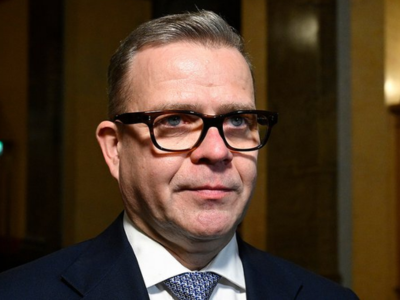


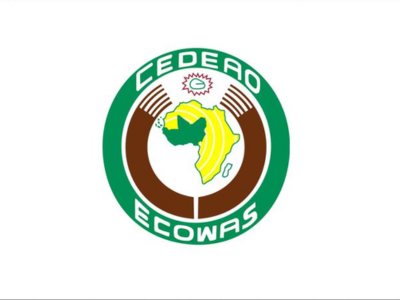
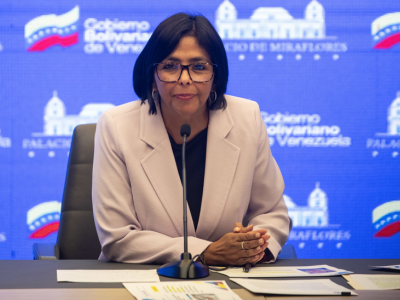

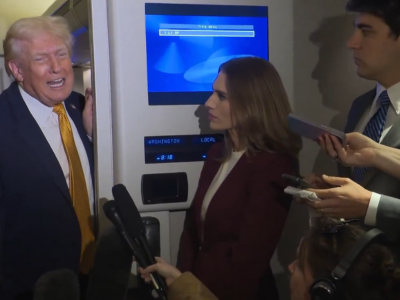



0 Comment(s)